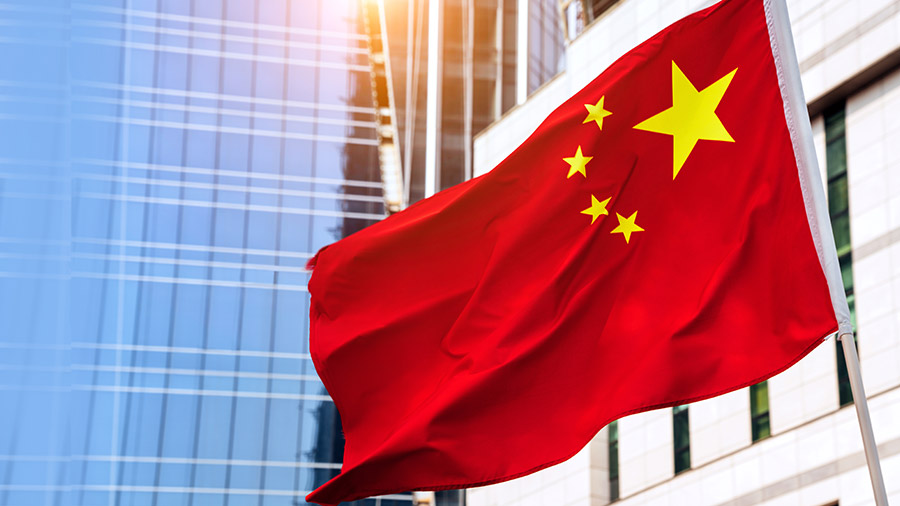Eighty per cent Indians believe they and their families will be economically better off in the next five years. Admittedly this is not a result of any plebiscite held across the country. This fact along with some other data was collected by The Edelman Trust Barometer which has, for two decades, been polling thousands of people in multiple countries on how much they trust their governments, media, business and NGOs. A report published recently by Edelman communications group claimed to have carried out a survey which involved 36,000 respondents in 28 countries during November 1-24 of 2021. This report has come to the conclusion that public trust in governments running the world’s democracies has fallen to new lows over the handling of the pandemic and a widespread sense of economic pessimism. The biggest losers of public trust were institutions in Germany followed by Australia, the Netherlands, South Korea and the United States. By contrast, public trust was high in institutions in China followed by the UAE and Thailand which are all non democracies. In Japan only 15% respondents believed they and their families would be better off in five years’ time, with most other democracies also clocking very low trust on the same query. This same question to Chinese respondents drew a two-thirds optimism about their economic fortunes while 80% Indians quizzed believed they would be better off in five years.
Apart from governance issues, according to this Barometer, business has gained trust globally due to its role in developing vaccines and adapting to new and appropriate workplace and retail practices. On the other side, around two-fifths of the respondents also said that business was not doing enough to address economic inequality, workforce re-skilling and climate change.
People’s concern about ‘fake news’ was at an all time high this time. Three-quarters of respondents globally felt that media was using fake news as a weapon while climate change was the second big issue after loss of employment among societal fears.
This recent survey seems to be an echo of findings of the past few years that demonstrated increasing disillusionment with capitalism, political leadership and the media.
Most important in all of this is the loss of faith in democracy. It can safely be said that this loss is primarily because of the quality of manpower that political parties are attracting. It is mostly individuals like Erdogan, Orban, Duterte, Bolsonaro and others, all of them bearing similar autocratic mindset, that have managed to infiltrate the democratic processes in their respective countries and have come to power through the ballot. The people at large have chosen them.
Simultaneously, the people are reposing total faith in the capabilities of this set of leaders to guide them to a better life. This should make the old democratic thought process to stand up and take note. It could be a great harbinger of change. History has shown that the era of the king and the conqueror, landlord, and feudal lord came to an end when autocratic characters usurped the thrones. The dictator was dislodged with pro people movements into which jumped the liberal, thus was born communism on one hand and democracy on the other. Today, maybe, democracy has come full circle. Casting a single vote once only for a fixed number of years does not absolve us, citizens, of our responsibilities. We mostly tend to focus on our rights only. The leader also feels that the certain number of years bestowed on her or his administration implies no accountability. When people forget, there is no accountability. If there is no accountability, there can be no justice in society.
